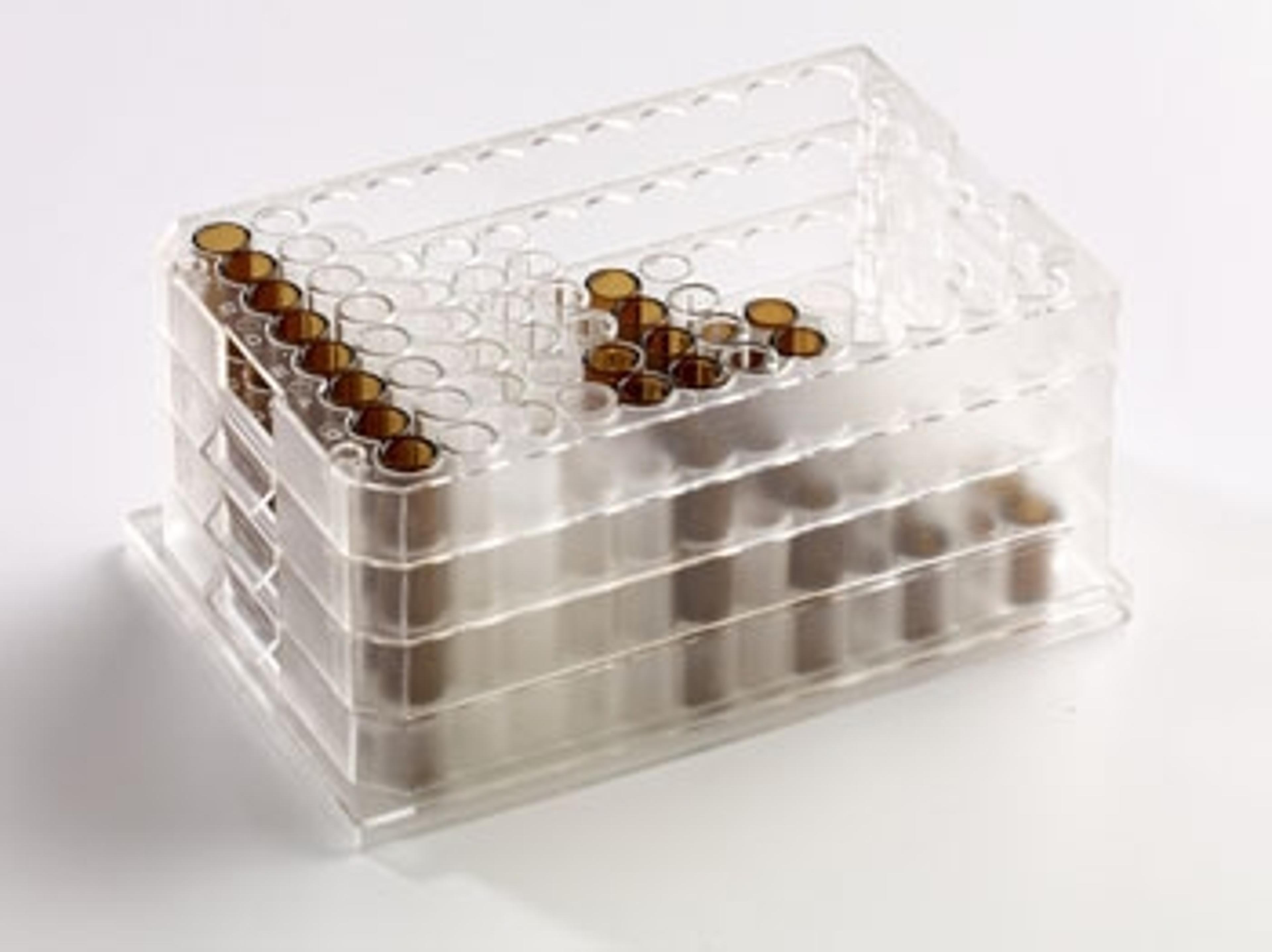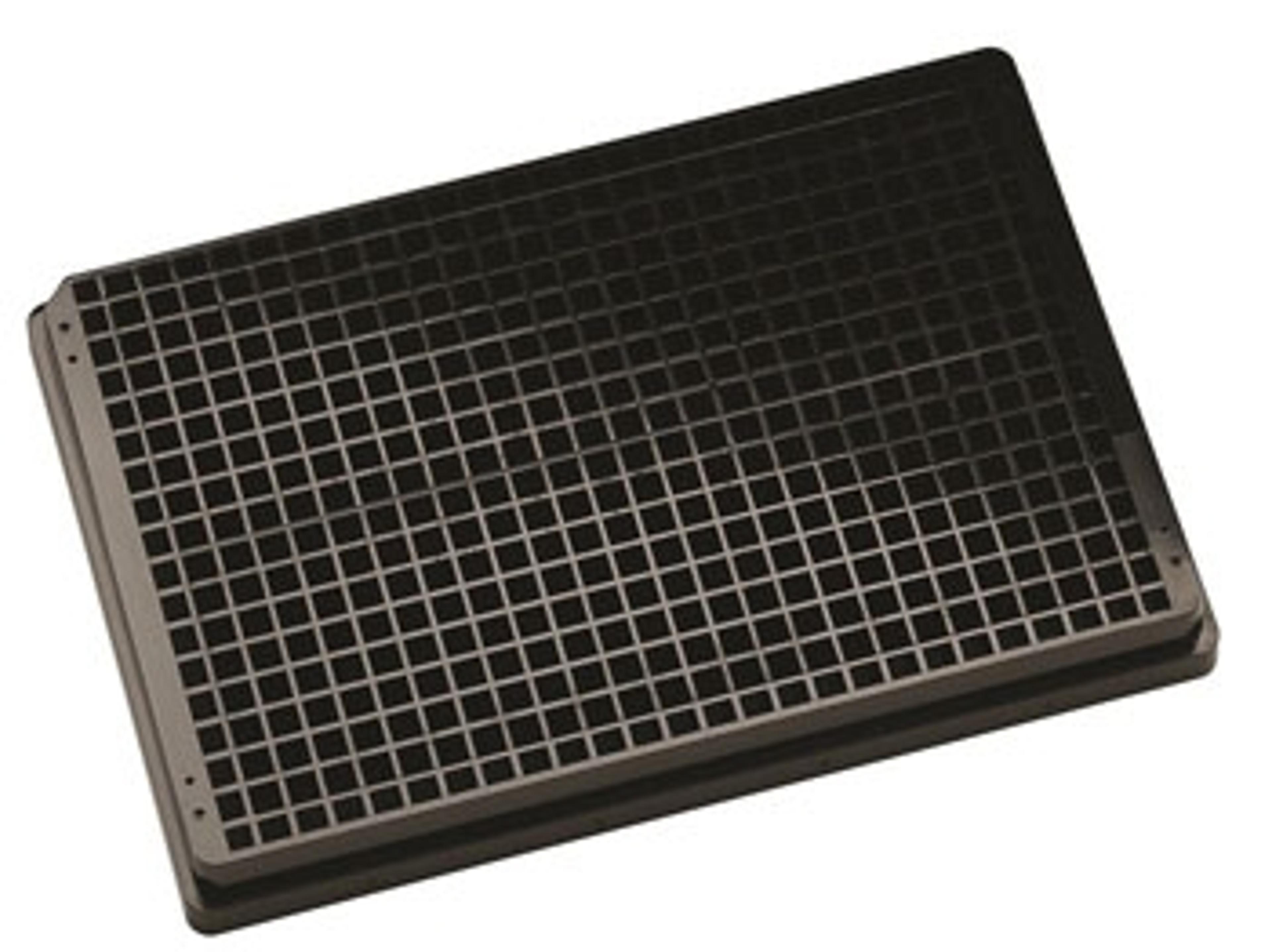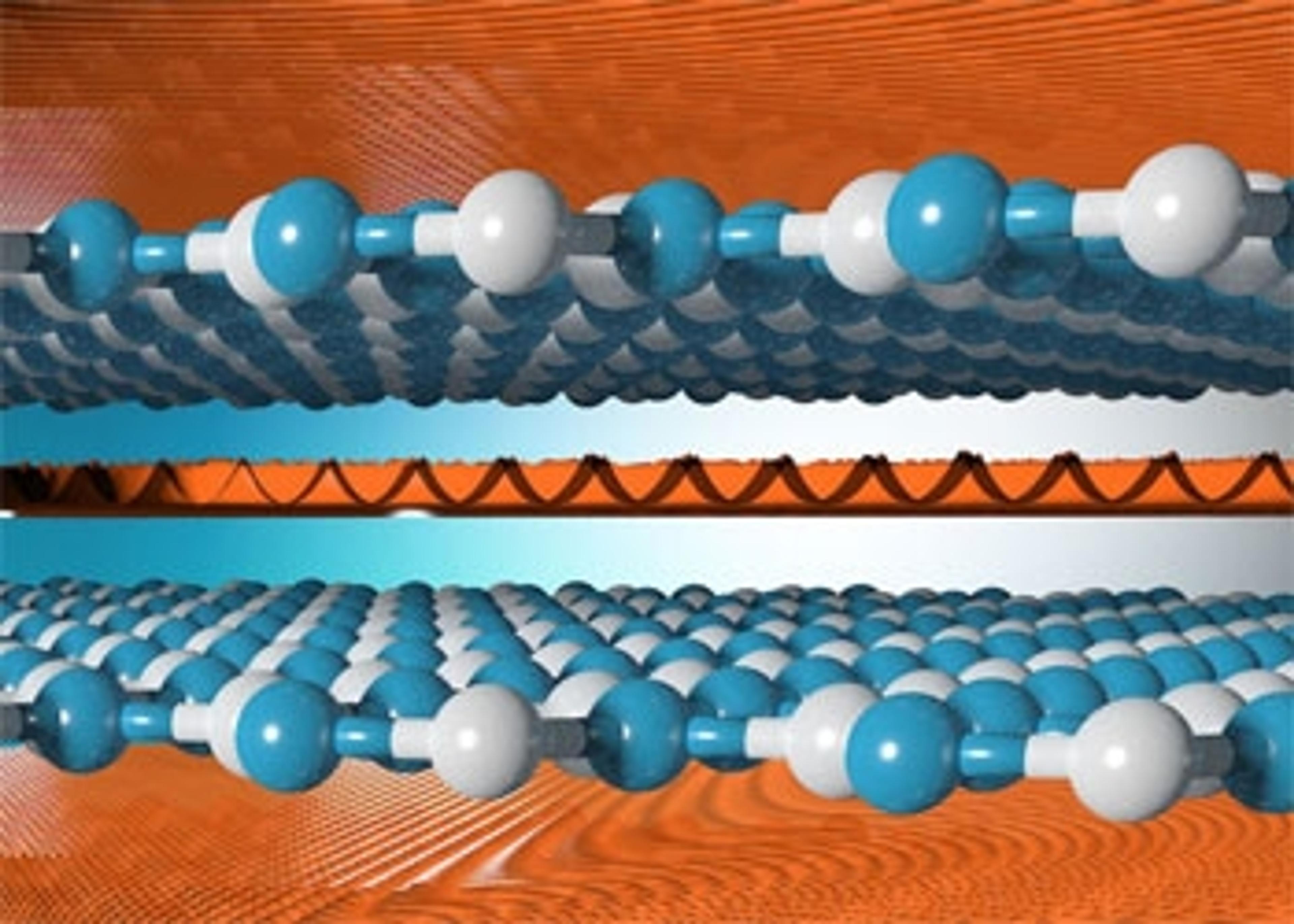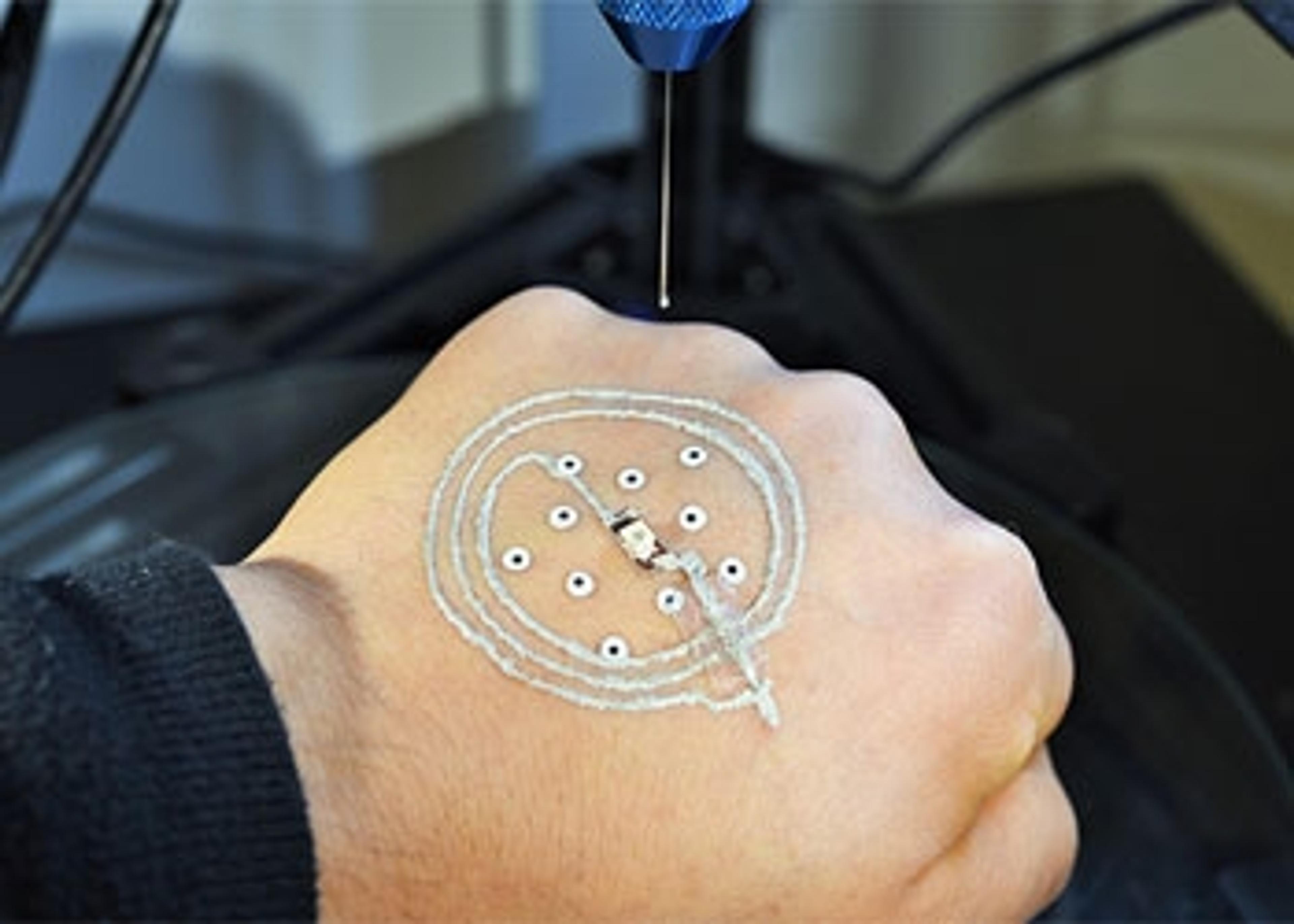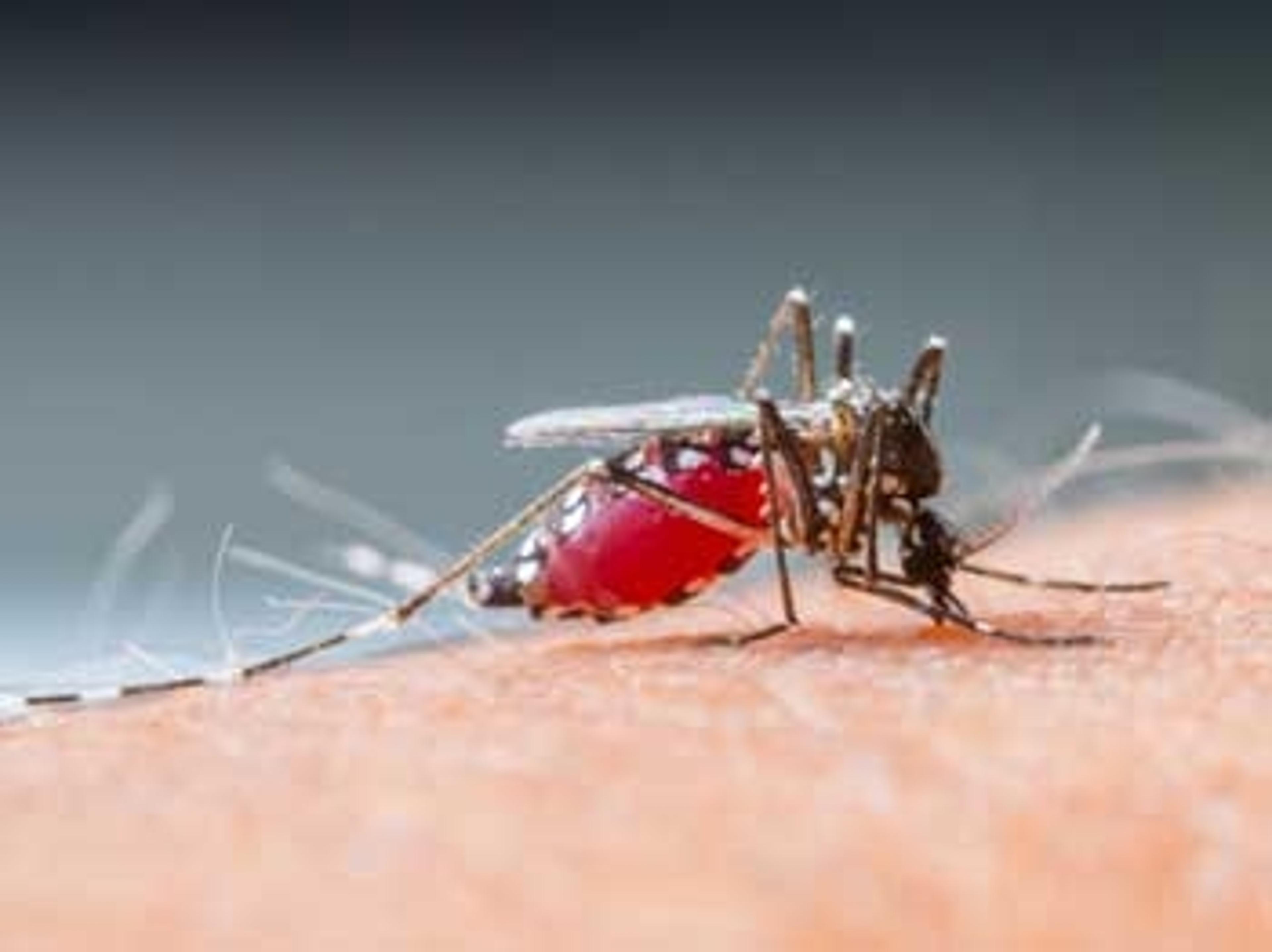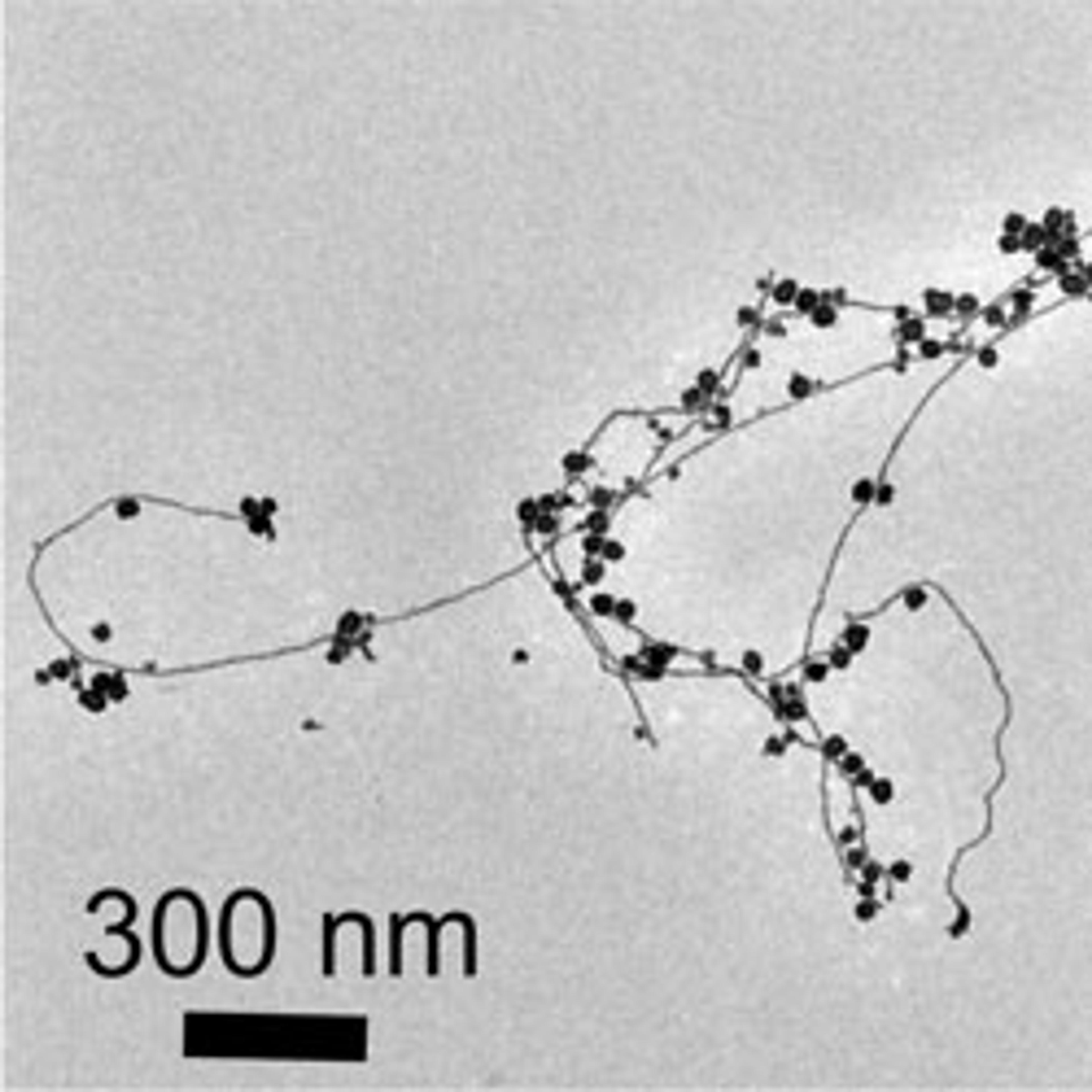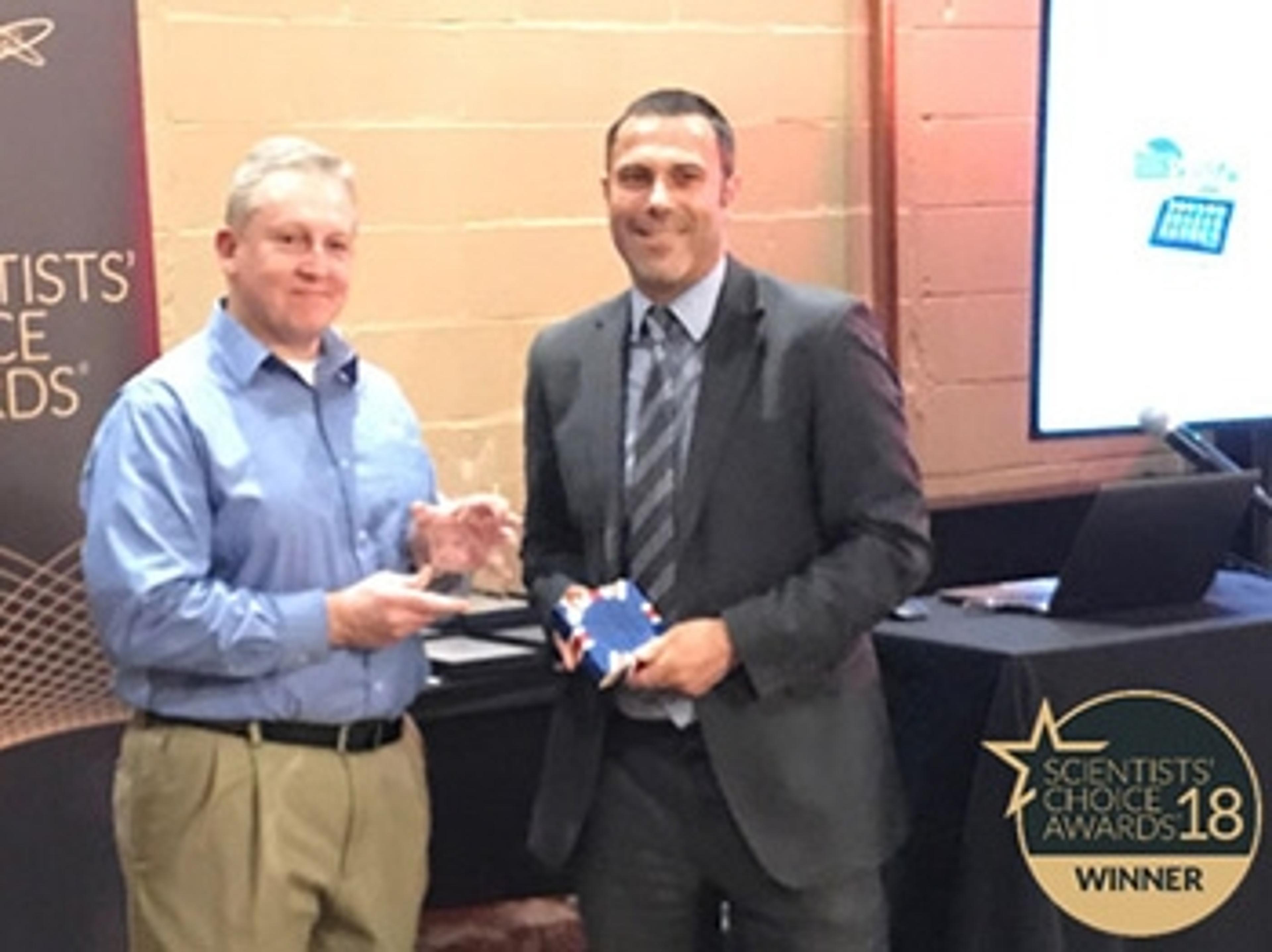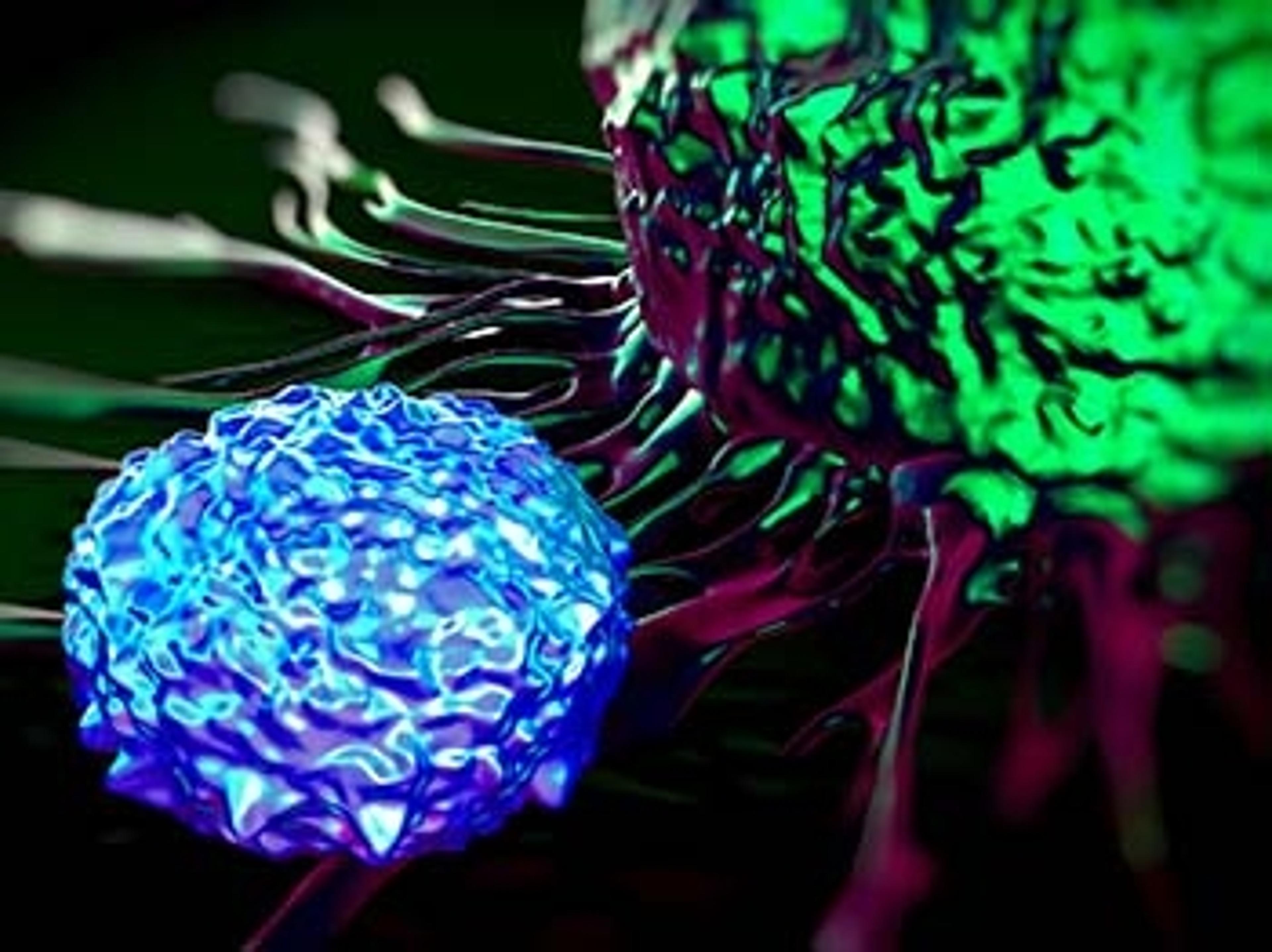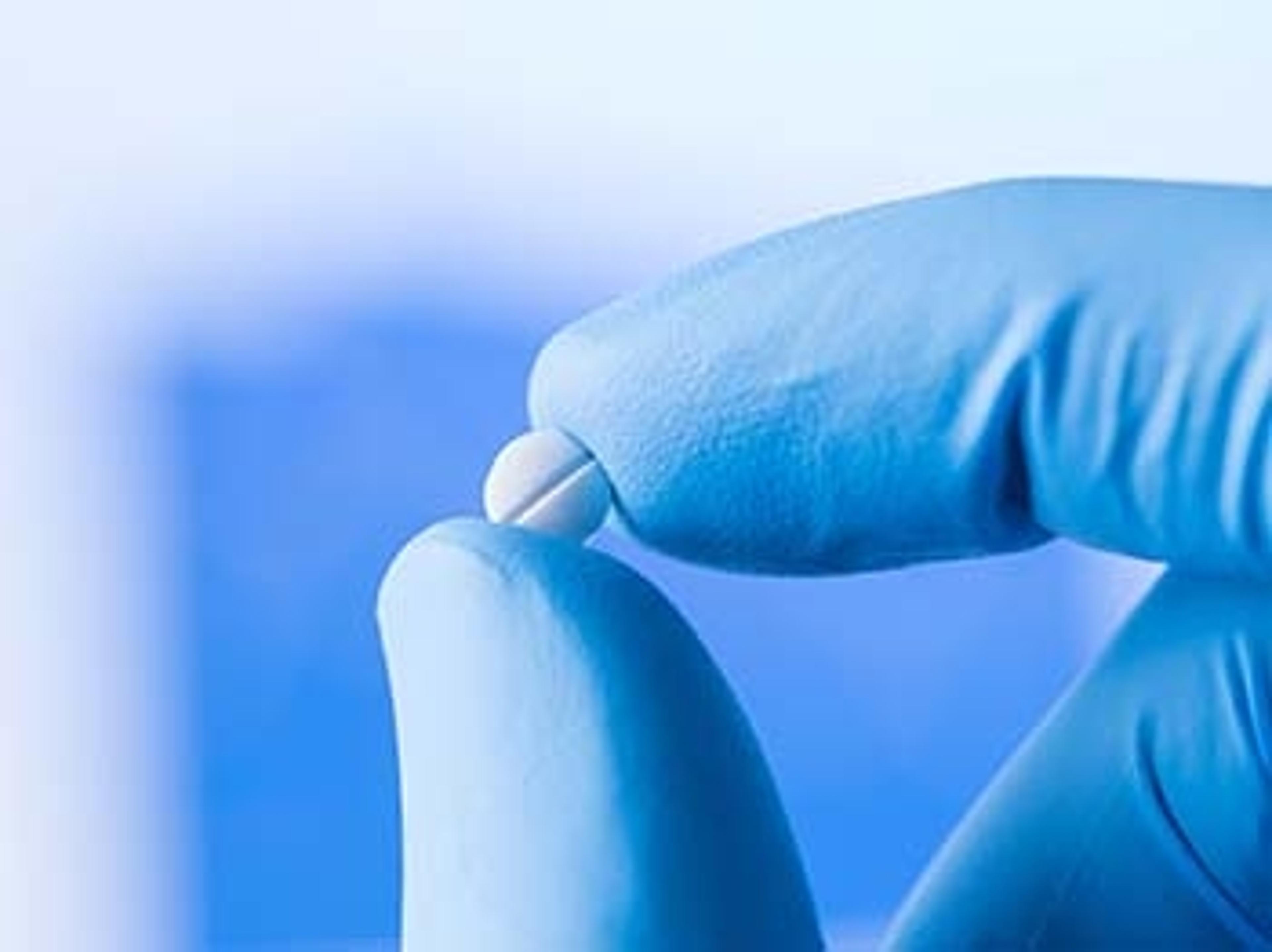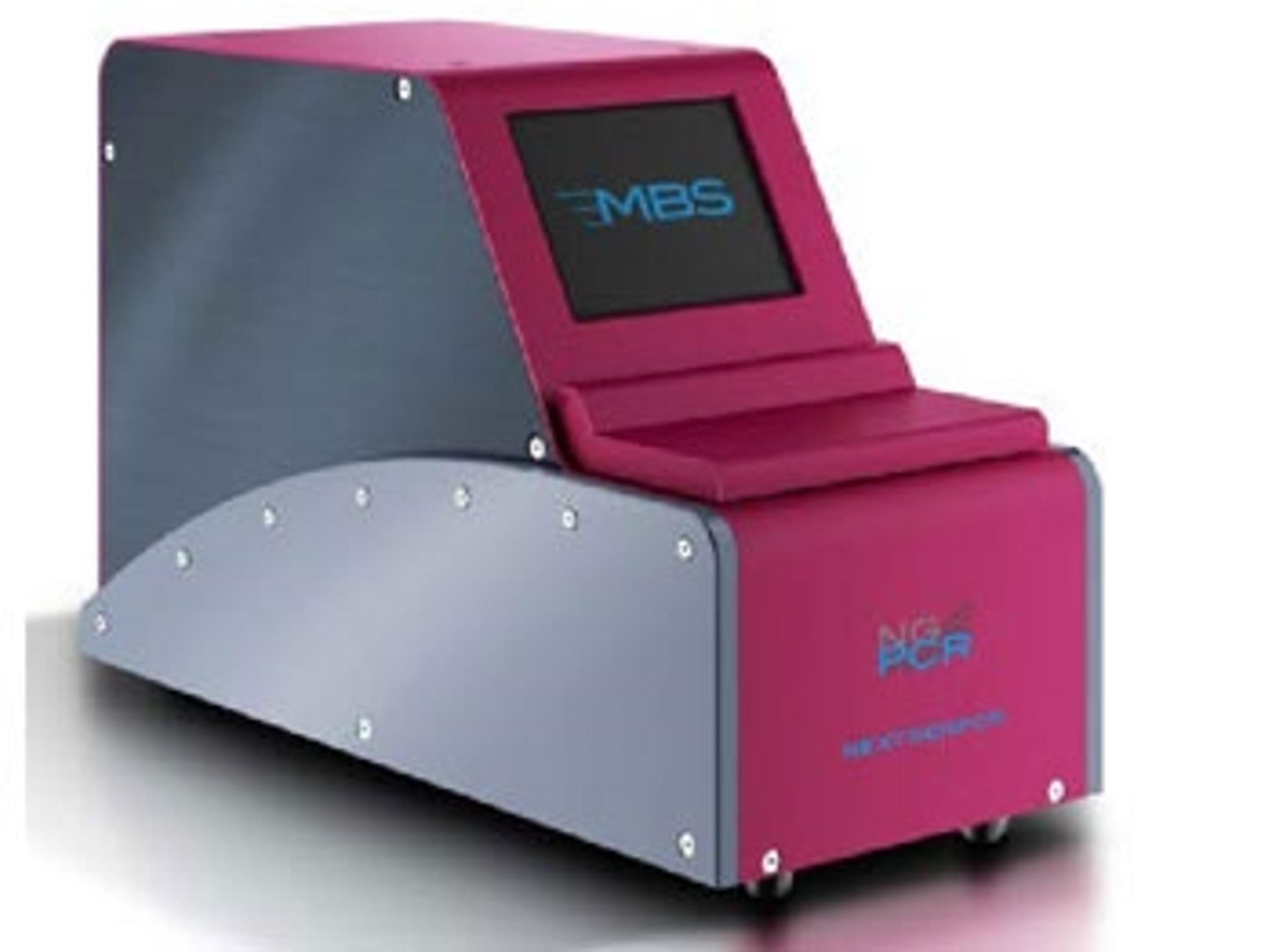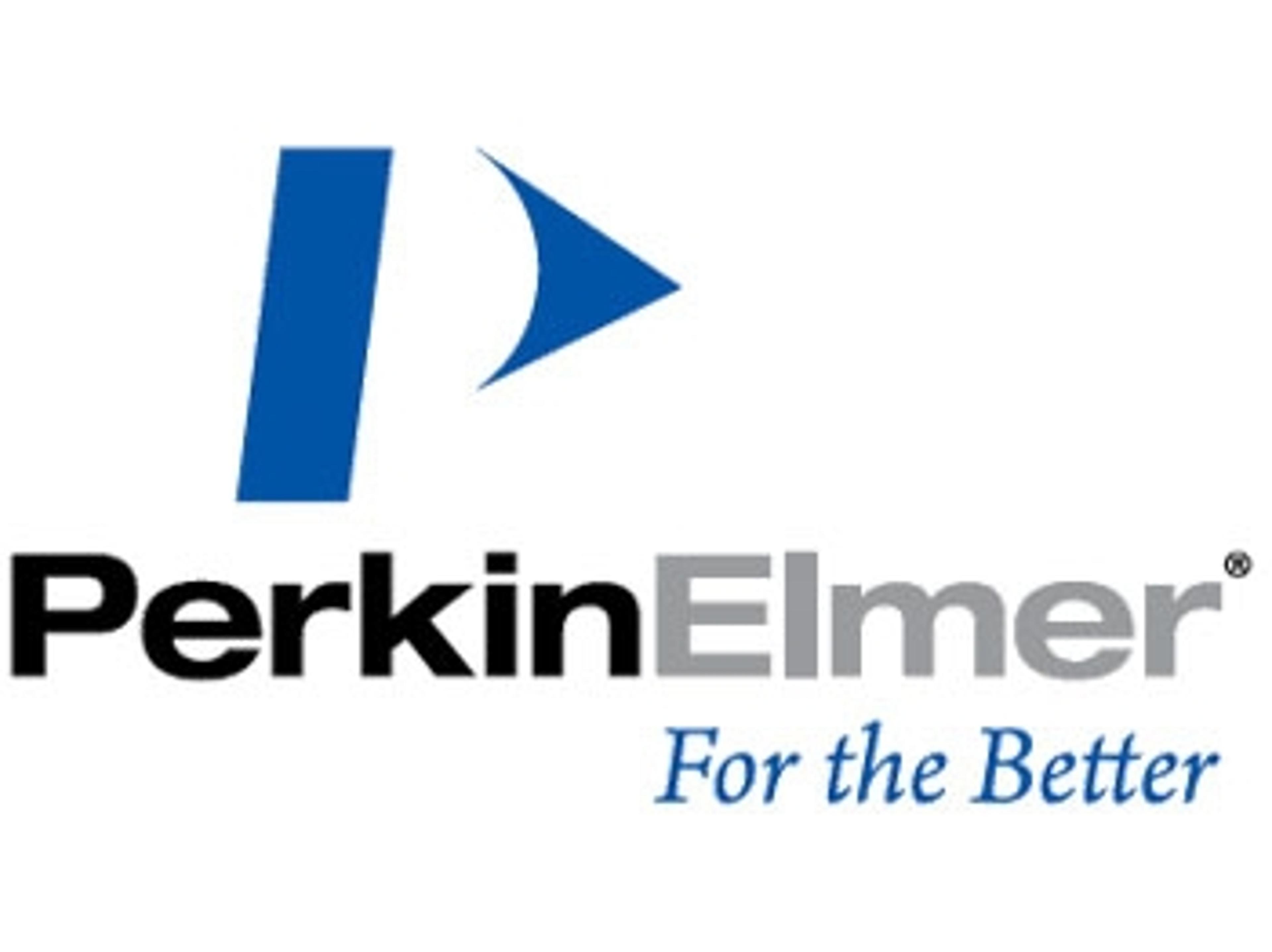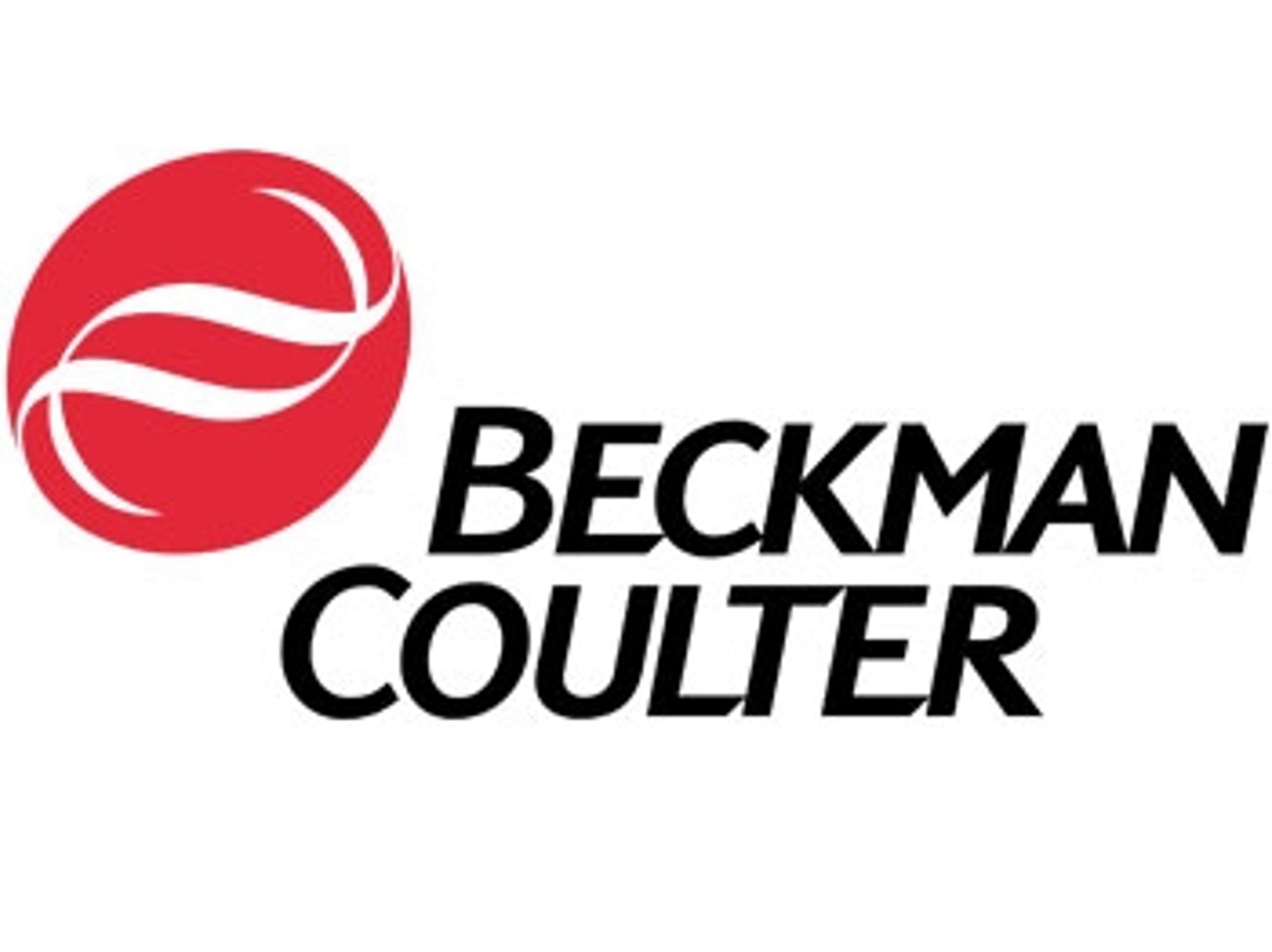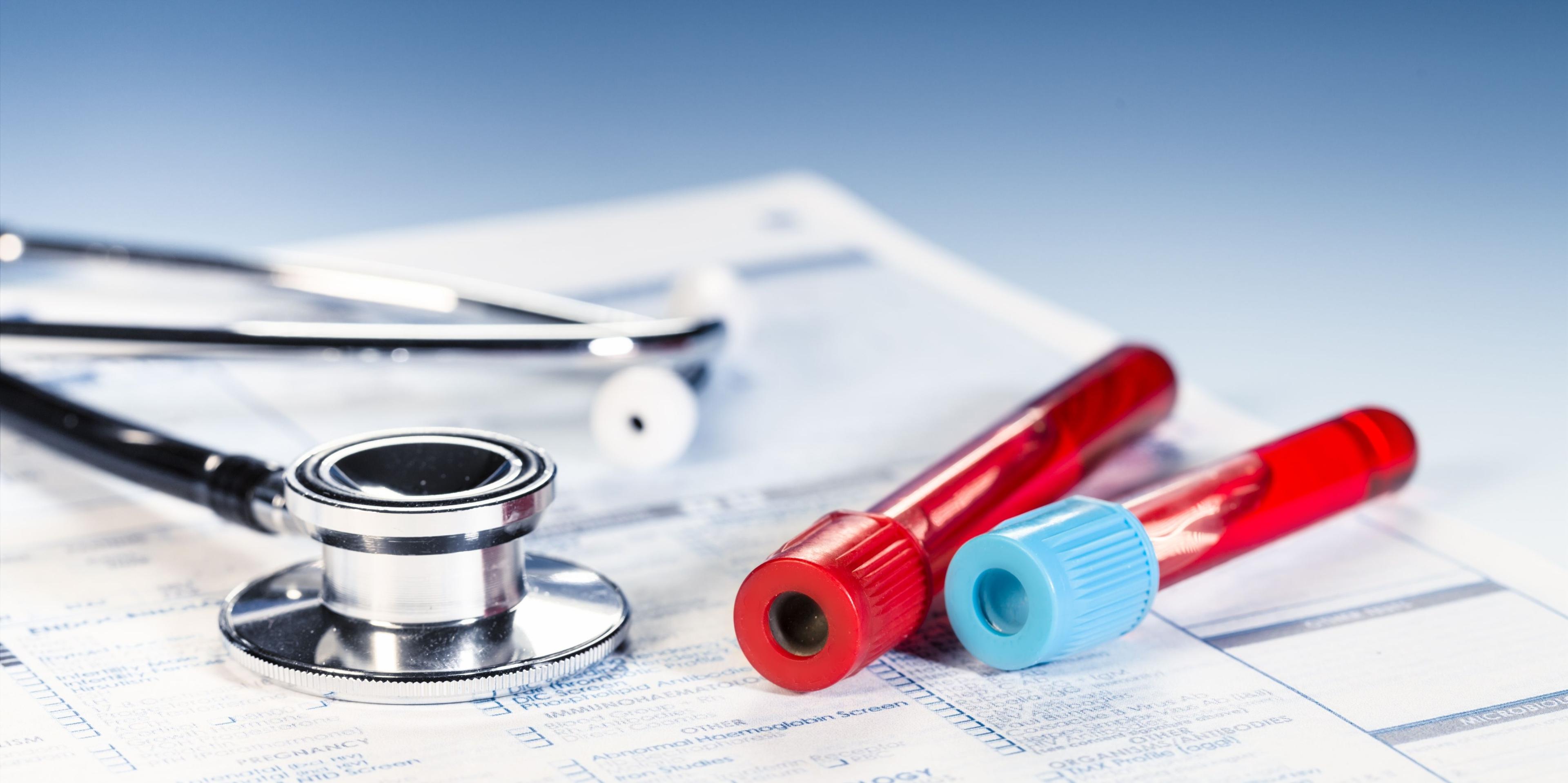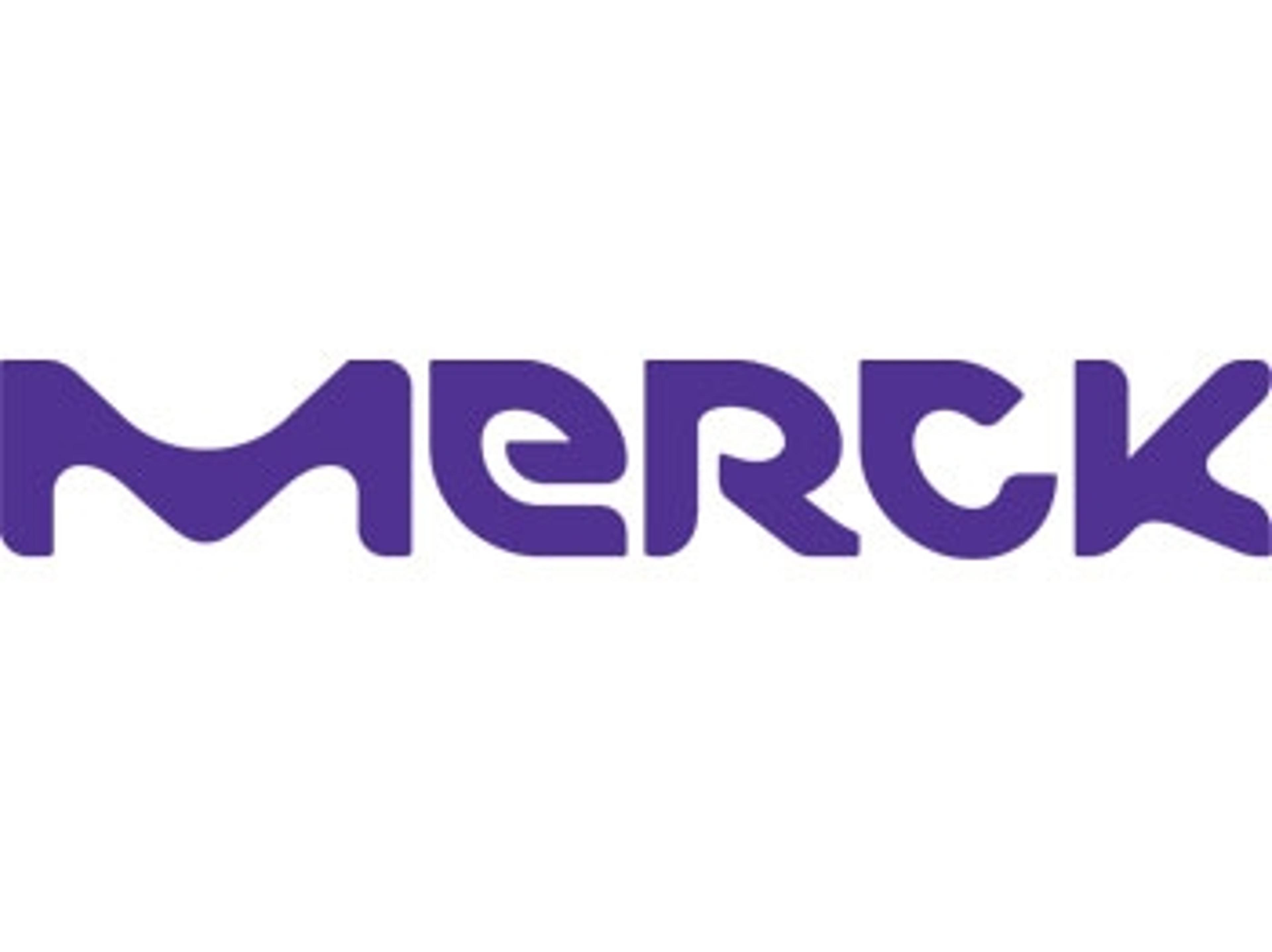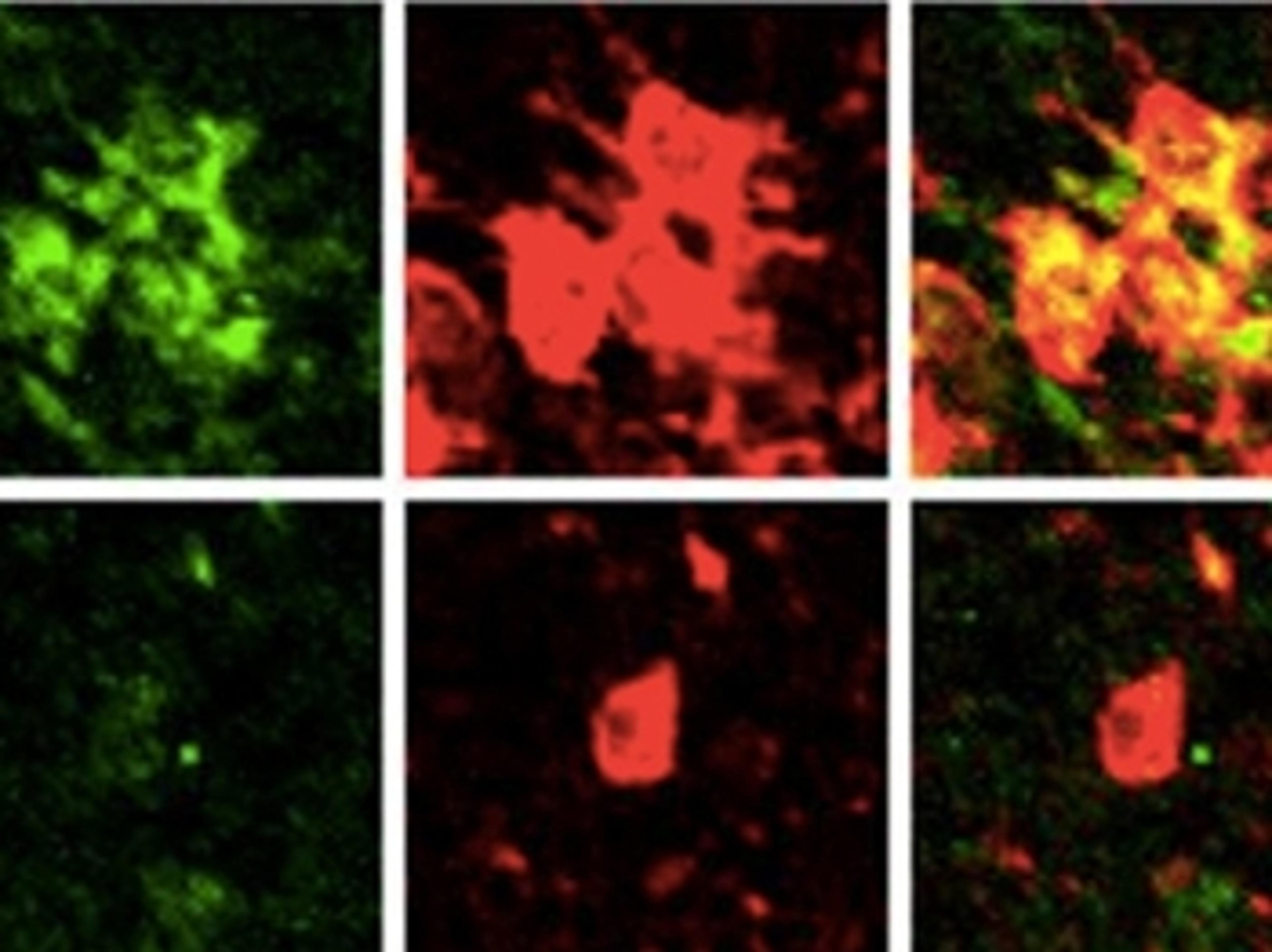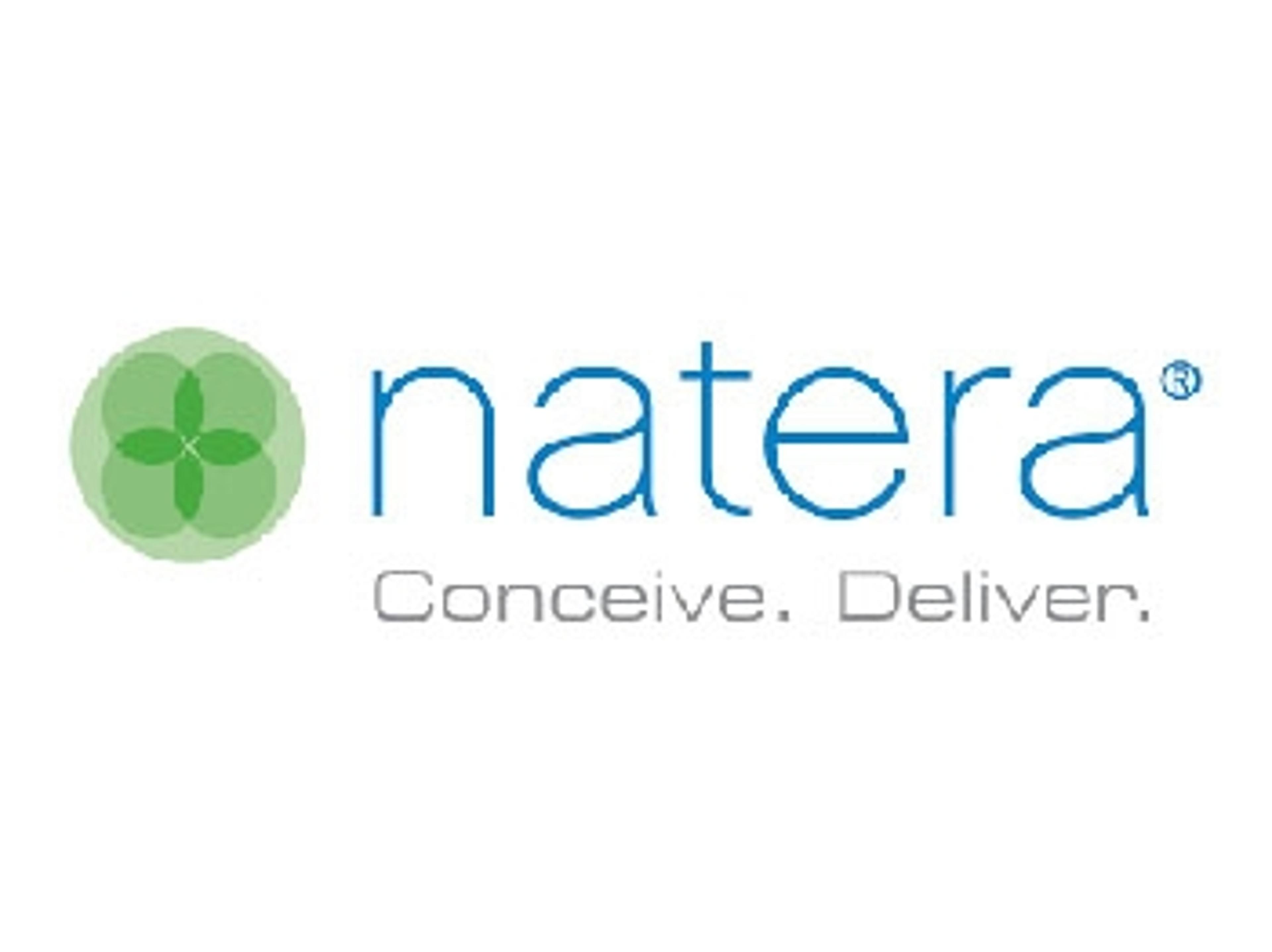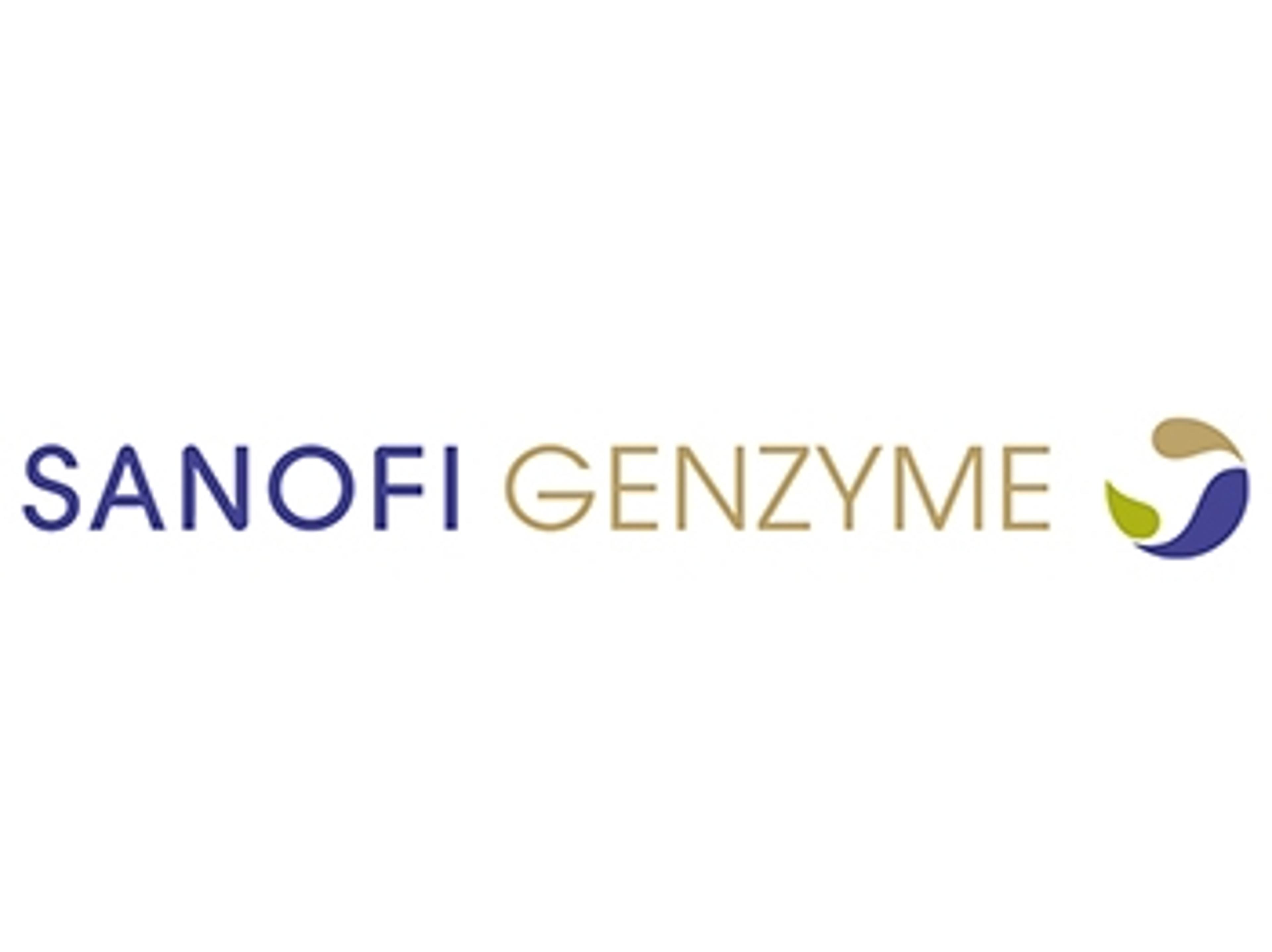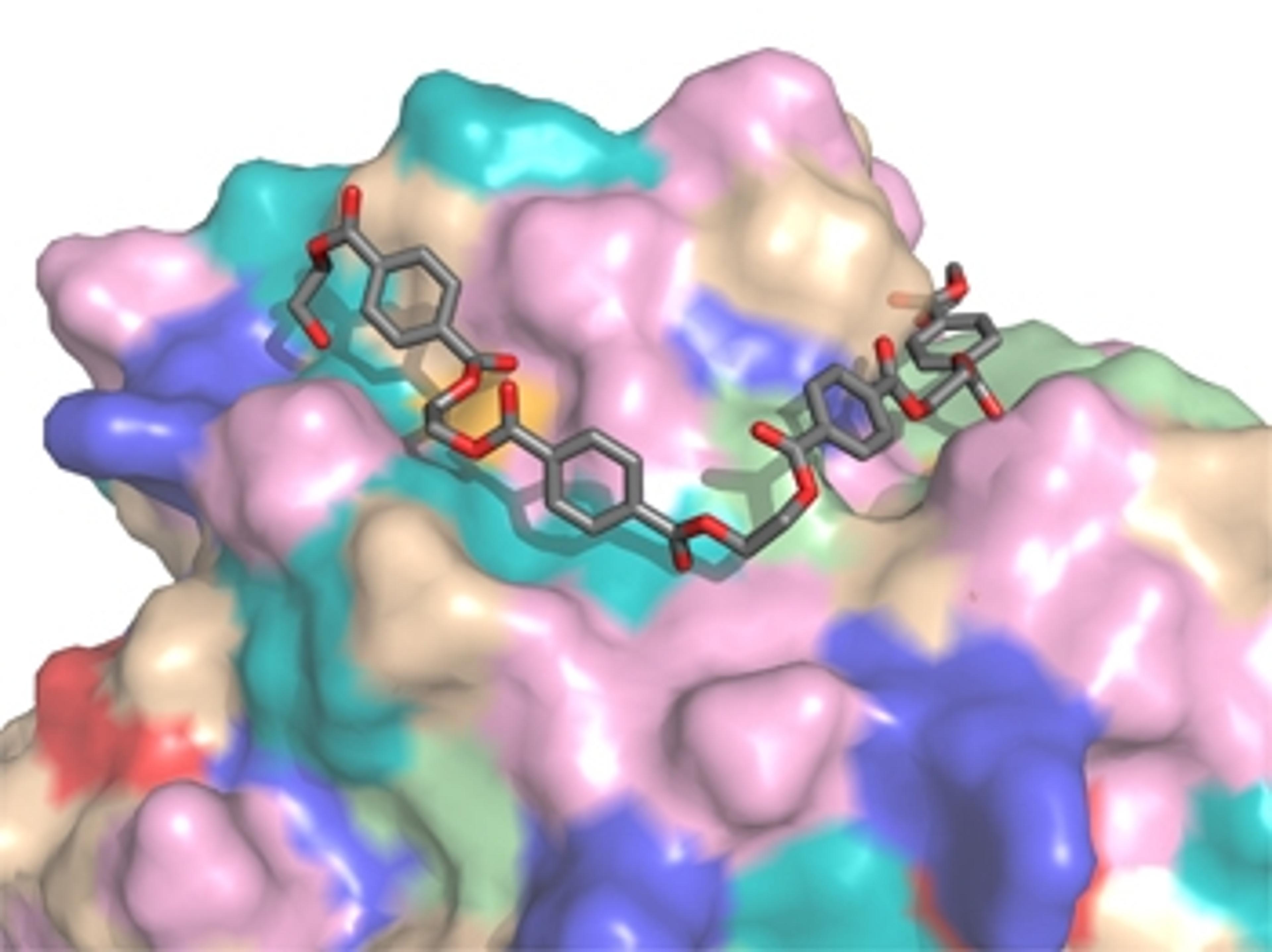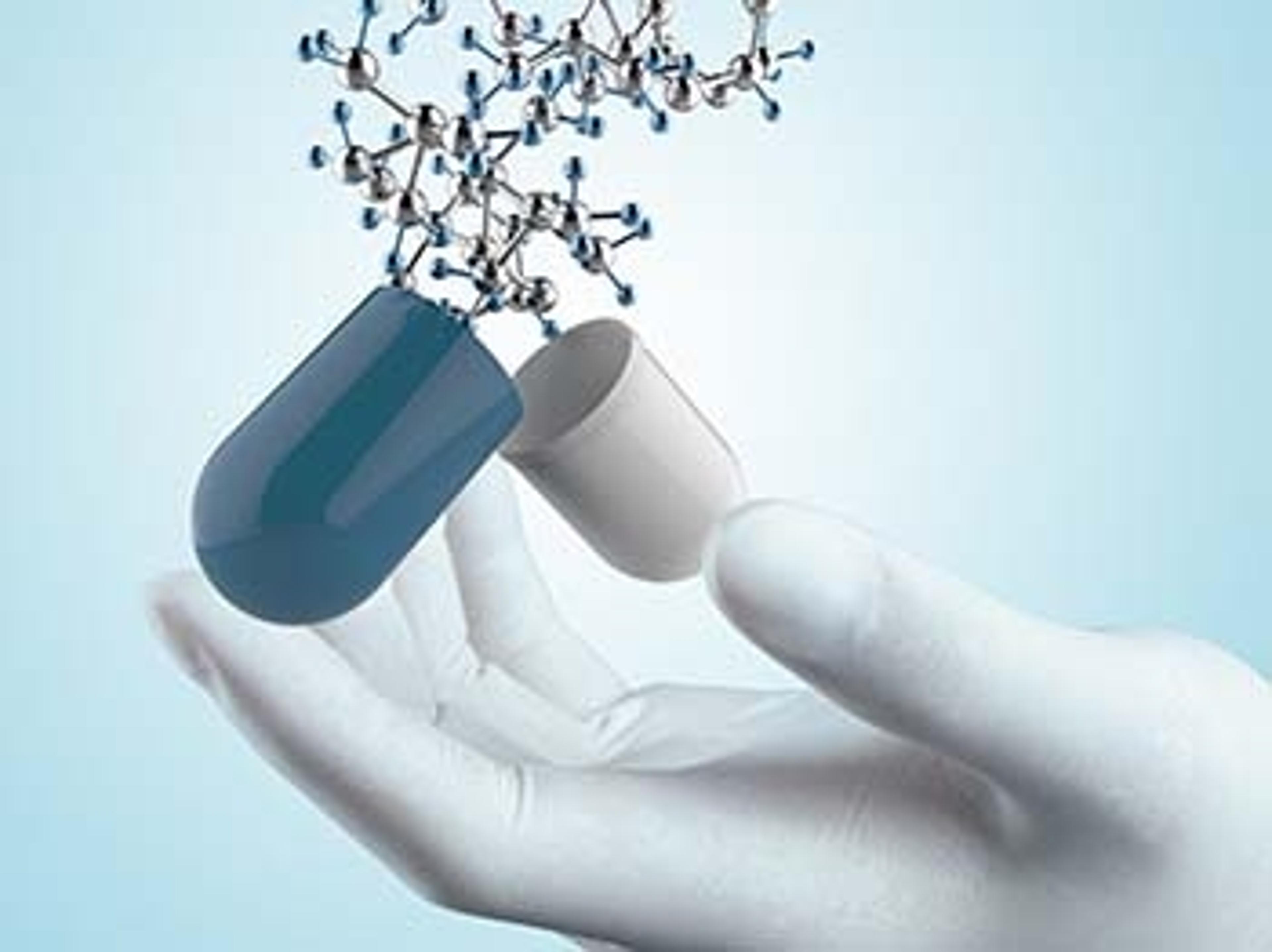News & Articles
Measuring Circular Dichroism with Microplates
Smallest Ever Sieve Separates Atoms
A New Type of Opal Formed by Common Seaweed Has Been Discovered
Self-assembled nanostructure of opal gemstones mimicked in oil droplets
Fighting Malaria on Two Fronts – Understanding Host Genetics and Finding New Drugs
Learn how a lab in the US is fighting malaria on two fronts - through advancing our understanding of host genetic factors that predispose individuals to the severe forms of the disease and finding new therapeutics against the malarial parasite
Stanford Scientists Create Gold Nanoparticles in Water
Water microdroplets replace toxic agents in a new "green" synthesis
Manipulating the Memory of T Cells for Immunotherapies
Boosting T cell memory may result in long-lasting and effective responses for patients treated with checkpoint blockade immunotherapies
Dual Kinase Inhibitor Shows Early Promise in Multiple Cancers
CYC065, an inhibitor of CDK2 and CDK9 kinases, has inhibited tumor growth in some patients with advanced cancers
Canon Biomedical to Distribute NEXTGENPCR Products
PerkinElmer Collaborates with Helix to Drive Innovation in Personal Genomics
The personal genomics product will focus on 59 genes identified by the American College of Medical Genetics and Genomics
New Studies Show Dark Chocolate Consumption Reduces Stress and Inflammation, While Improving Memory, Immunity and Mood
First human trials examine the impact of dark chocolate consumption on cognition and other brain functions
Beckman Coulter Diagnostics Announces Global Commercialization of Access Sensitive Estradiol
Access Sensitive Estradiol assay aims to provide a better operational efficiency while delivering quality results
Sanquin Selects Abbott’s "Alinity s" Solution for Blood and Plasma Screening
Long-term agreement helps ensure a safe and efficient blood supply in the Netherlands
Making Vaccines More Available Around the Globe
The new partnership between Merck and Jenner Institute aims to accelerate global access to affordable vaccines
Identification of Microglial States in Neurological Diseases - Immunostaining with JIR Secondary Antibodies
How a researcher at UC San Diego is elucidating the role of microglial dysfunction in brain trauma and disorders
Transforming Spectroscopic Research: An Instrumental Story
Discover how a simple change of lab equipment enabled one Ph.D. student to deliver robust results that could help the energy industry
Natera Presents Promising Results for Signatera™
Advances in Early-Stage Oncology
A Collaboration of Giants for Cancer Research
AACR and CRUK, two of the biggest cancer research committees around the globe to join force to aid the development of cancer therapeutics
Engineering a Plastic-Eating Enzyme
Researchers aim to tackle the issue of plastic waste by enhancing pre-existing PETase – a known digestive enzyme for plastic materials
Funding Gift Program Announced for Cancer Research Breakthroughs
The AACR and the UBS oncology impact fund aim to use the new funding gift program to propel breakthroughs in cancer research and therapeutics
BioAscent Establishes Integrated Drug Discovery Solutions
The new division, led by Dr. Phil Jones, aims to offer a comprehensive drug discovery service to customers

